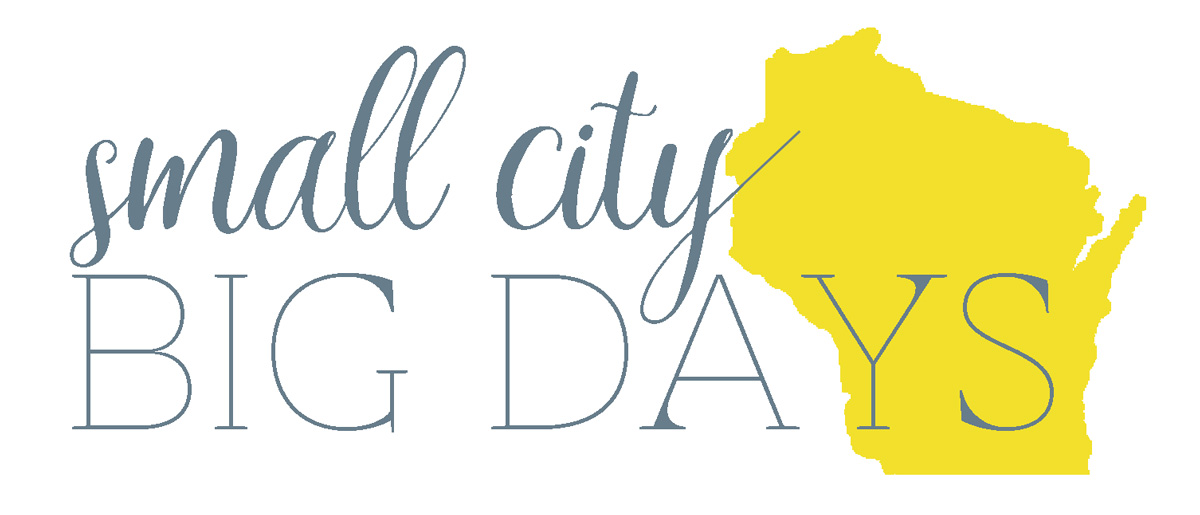Day 1938 | Learning to be Antiracist
/I’m new to the process of opening my eyes to white privilege and being antiracist. That’s embarrassing to say, but it’s the truth. I’ve thought “we’re all equal” for so long that it rang true to me. And that’s what I’ve taught the boys. Now I realize that’s not enough. In reality, our country doesn’t treat everyone equally, so why would just thinking “we’re all equal” be enough? It isn’t enough. People of color have had (and continue to have) a much harder set of obstacles to overcome and it’s not ok to pretend that years of oppression can be erased by just repeating an equality mantra. Chris and I have been trying to have more conversations with the boys about race and what it means to be white. I’ve been reading more articles about the topic and I just finished a book on the history of racism that I highly recommend:
Stamped: Racism, Antiracism, and You by Jason Reynolds and Ibram X. Kendi
The book does an impressive job of explaining a lengthy and heavy subject matter without feeling inaccessible or terribly confusing. I won’t go into all the takeaways (I hope you’ll read it yourself!), but this paragraph from the last chapter stood out to me:
Tell a certain story a certain way…Get enough people on your side to tell you you’re right, and you’re right. Even if you’re wrong. And once you’ve been told you’re right long enough, and once your being right has led you to a profitable and privileged life, you’d do anything to not be proved wrong.
We’ve just got to do better, you know? I’m going to keep reading, keep talking to the boys, and keep trying to acknowledge my racist thoughts when they unearth themselves…ugh. It’s hard work. And very humbling. But also very necessary.
I’ll leave you with another excerpt (it’s a long one) from the book. Let this simmer for awhile.
A letter to the youth from one of the authors (in the Acknowledgments section of the book):
You’re far more open and empathetic than the generations before you. So much so, that your sensitivity is used as an insult, a slight against you. Your desire for a fair world is seen as a weakness. What I’ve learned is that your anger is global, because the world now sits in the palm of your hand. You have the ability to teleport, to scroll upon a war zone or a murder. To witness protest and revolution from cultures not your own but who share your frustration. Your refusal. Your fear.
But I have to warn you:
Scrolling will never be enough.
Reposting will never be enough.
Hashtagging will never be enough.
Because hatred has a way of convincing us that half love is whole. What I mean by that is we–all of us–have to fight against performance and lean into participation. We have to be participants. Active. We have to be more than audience members sitting comfortably in the stands of morality, shouting, “WRONG!” That’s too easy. Instead, we must be players on the field, on the court, in our classrooms and communities, trying to do right. Because it takes a whole hand–both hands–to grab hold of hatred. Not just a texting thumb and a scrolling index finger.
But I have to warn you, again:
We can’t attack a thing we don’t know.
That’s dangerous. And…foolish. It would be like trying to chop down a tree from the top of it. If we understand how the tree works, how the trunks and roots are where the power lies, and how gravity is on our side, we can attack it, each of us with small axes, and change the face of the forest.
And if you’ve made it this far in my post I’ll reward you with a lighter note regarding this blog post: you’ll notice in the photo that the copy of the book I’m reading has a “Lucky Day” emblem on it. This means that this is a popular book at our library and that I only had one week to read it. I’ve never successfully finished a Lucky Day book in the allotted time before. This time I did! Thanks, I’m proud of myself, too.





